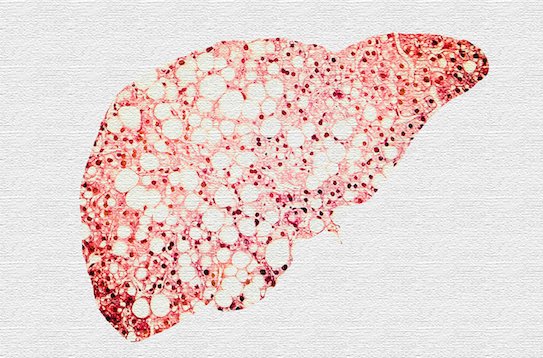
image credit- shutterstock
Assistant Professor Wang Jiong-Wei from the Department of Surgery and Nanomedicine Translational Research Programme at the Yong Loo Lin School of Medicine, National University of Singapore (NUS Medicine), in collaboration with Professor Liu Bin from Chemical and Biomolecular Engineering at the College of Design and Engineering, National University of Singapore, led a team to develop an enzyme-sensitive nanoprobe to improve the accuracy and sensitivity of diagnosing non-alcoholic steatohepatitis (NASH) using magnetic resonance imaging (MRI) technique.
This device is used in the detection of NASH by targeting specific biomarkers in the liver– oxidative enzyme myeloperoxidase (MPO), which are biological molecules in the body that signal disease. In the liver of a NASH patient, high amounts of MPO are present. MPO is a key peroxidase released from the innate immune system to catalyse the formation of reactive oxidative species at the inflamed site of tissue.
The nanoprobe contains an enzyme substrate that would bind to the MPO in the liver, present in high amounts due to NASH. It will then emit a signal that can be readily detected by MR imaging techniques, providing more sensitive MRI data for the diagnosis of NASH.
Researchers are currently conducting follow-up studies to validate the effectiveness of the nanoprobe. This diagnostic tool can be combined with new drugs to monitor the treatment responses of NASH patients.




